SEO guide for beginners
In Digital Marketing Search engine optimization (SEO) remains one of the most effective digital marketing strategies for businesses in 2024. With SEO, brands can drive qualified organic traffic, leads and sales efficiently without dependence on paid ads once rankings are achieved.
However, Google’s algorithm and user expectations continue advancing rapidly. This makes optimizing technical and content factors across platforms an evolving battle.
Arm yourself with this comprehensive 2024 SEO guide covering proven tactics to outrank competition:
SEO 101: Core Concepts for Beginners
For starters, SEO or Search Engine Optimization refers to increasing a website’s visibility in search engine results pages (SERPs) for relevant user queries. The higher your pages rank for valuable keywords, the likelier you attract visitors needing your offerings.
Unlike paid search advertising, SEO leads don’t require ongoing investments once your site gains authority. But rankings are hard-won through relentless research, ideation and execution across these 3 Pillars of SEO Success:
On-Page Optimization
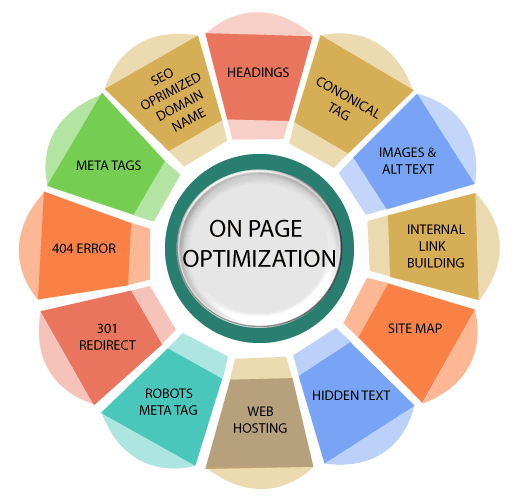
Also called on-site SEO, it covers optimizing page content, HTML tags, site speed, url structure and other on-page elements under your control.
Off-Page Optimization
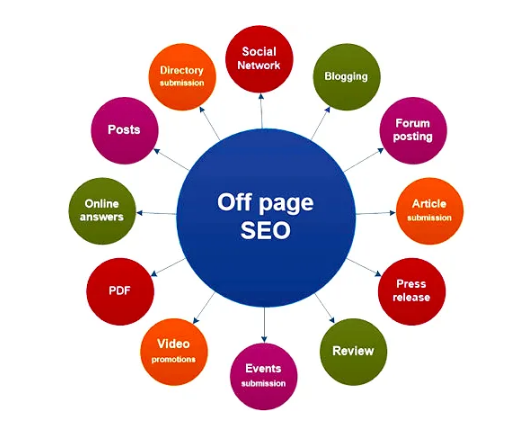
This pillar focuses on earned visibility drivers like backlinks, social shares, reviews, citations and other external signals conferring trust and relevance.
Technical SEO
It deals with website coding, architecture, infrastructure and configurations required for search engine accessibility and performance.
Aligning efforts across pillars is key because Google’s algorithm evolves to deeply evaluate overall user experience.
Decoding Google’s Algorithm Evolution
Google uses a complex, ever-changing search algorithm called Hummingbird to process over 5.6 billion searches daily and display most applicable results.
So what triggers rankings?
In essence, Google wants to connect searchers to websites offering the best solutions quickly. Parameters evaluated include:
- Page quality – Well-researched, comprehensive content displaying expertise
- User experience – Fast loading, engaging and satisfying website experience
- Authority and Trust – Globally recognized brand and subject matter expertise
- Relevance – Exact match to user intent and search query specifics
Prioritizing these helps Google reward sites adding real value for audiences while penalizing spammers and thin affiliate sites.
Crafting Future-Proof SEO Strategies
With Google raising quality bars continually, building durable Search dominance requires equal parts imagination and perseverance.
Follow these overarching principles for sustainable SEO success regardless of unpredictable shifts ahead:
Adopt Evergreen Best Practices
Chase fads and you’ll always lag. Focus on foundational white-hat tactics – phenomenal content, ethical links, site speed, mobile optimization. Future-proof sites holding to timeless techniques better ride evolving tides.
Build Brand Authority Holistically
Great content alone has diminishing returns today. Complement with social media thought leadership, local events participation, industry awardspursuits and PR. Multidimensional authority signals separate contenders from pretenders.
Obsess About Audiences, Not Algorithms
Google’s core aim is delighting users most efficiently. Brands accomplishing this solve real problems for real people better. Keep user journeys and outcomes above all, the rest will follow.
Always Stay One Step Ahead
Proactively learn emerging optimization areas before competitors – featured snippets, voice search, video SEO, local packs, etc. Early movers gain a sizable edge.
Key SEO Factors You Must Master in 2024
Now let’s deep dive into specific search optimization areas crucial for results in 2024 and beyond:
Flawless On-Page SEO
On-page SEO remains fundamental since it demonstrates relevance around page-specific keywords. Essentials include:
1. Optimized Title Tags

Your title tag tells users and search engines what the page focuses on. Include primary keywords here but avoid over-optimization.
2. Meta Descriptions
These snippets describe page content in SERP listings. Craft compelling descriptions with keywords naturally incorporated.
3. Headings Optimization
Break content into descriptive headings incorporating keywords – especially H1 tags.
4. Image Optimization
Upload images with short urls, keyword-rich titles and actionable alt text explaining relevance.
5. Site Speed Enhancements
Google wants pages to load in 2 seconds. Compress media, optimize code, and test site speed regularly.
6. Mobile Optimization
With mobile dominating search, ensure responsiveness, readable font sizes, fast loads, and clickable buttons.
And more like schema markup, internal linking, url slugs and duplicate content checks.
Master on-page elements specific to each result type – local SEO, video SEO, featured snippets etc.
Content Creation Done Right
With countless blogs regurgitating the same ideas, your content research and creation process must set you apart.
Kickstart with In-depth Keyword Research
Discover lowest competition yet highly searched long-tail keywords and underserved angles by analyzing tools like Google Trends, Ubersuggest and SEMRush.
Deliver Truly Valuable Content
Don’t rehash – provide actionable insights, fresh data, interviews, detailed how-to’s. Answer every question audiences have. Satisfy their intent beyond expectations.
Optimize for RankBrain
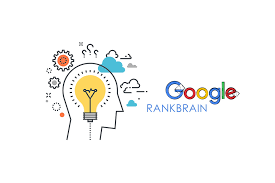
Incorporate related keywords, internal links, descriptive formatting and media for RankBrain, Google’s AI determining relevance.
Format Content Strategically
Break text with sub-headings, bullet points, numbered steps and lots of visuals for quick skimming and interactions to boost dwell time.
Update and Re-Promote Evergreen Content
Revive evergreen posts with new data, trends and backlinks regularly. Curate and repurpose top-performers through multiple channels.
Link Building: The Perpetual SEO Cornerstone

Think of links like votes of confidence – the more reputed the source endorsing your expertise, the bigger SEO boost.
Priorities for link building campaigns:
Earn Links from Authority Sites
Get mentions on major online publications, industry hubs, marketplaces like Amazon, and recognized brands for maximum juice.
Diversify Link Types
Build a blend of editorial links, resource page mentions, brand partnerships and guest posts to seem natural.
Focus on Quality Over Quantity
A single link from Forbes outweighs multiple mentions across shady websites or paid guest posts with minimal authority.
Monitor Link Velocity
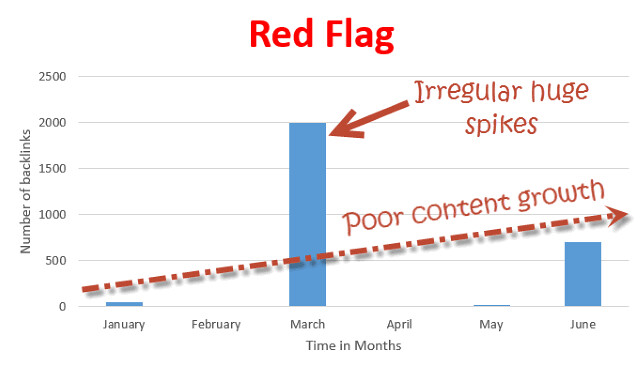
Build links slowly and steadily without massive spikes that can trigger penalties. Stick toAdding 10-20 authoritative links monthly is prudent.
Disavow Toxic Links
If competitors spam your website with negative links, use Google’s Disavow Tool to demote their impact.
Winning Local SEO Game
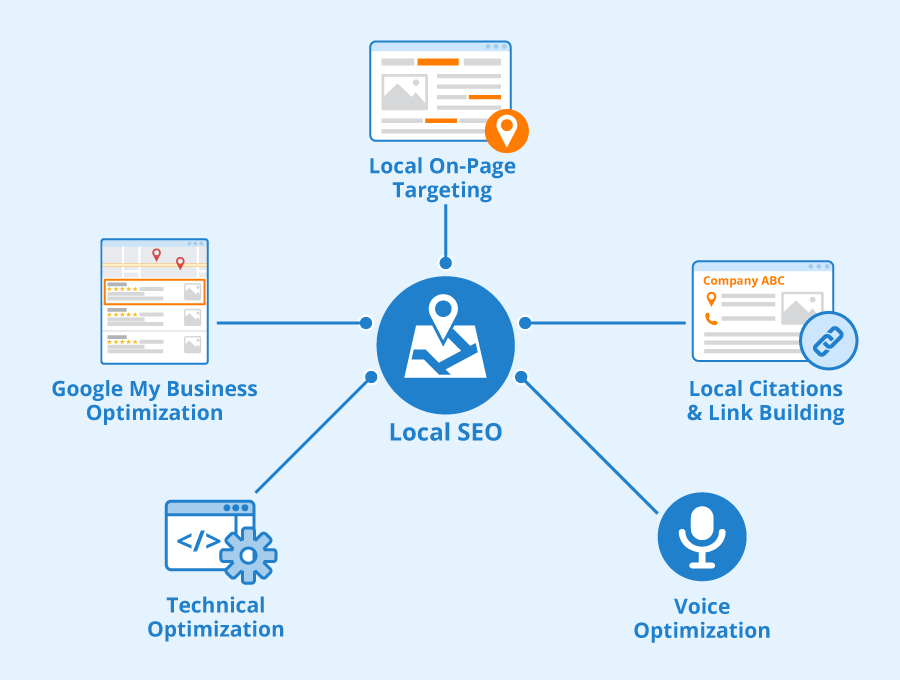
For businesses with a brick-and-mortar presence, local SEO is crucial for driving foot traffic. Dominate local pack listings by:
- Optimizing Google My Business profile with keywords, images, offerings and contact info
- Building localized links and citations reinforcing business name, address and contact details
- Generating 5-star online ratings and reviews on Google, Facebook and across review sites
Technical SEO Checklist
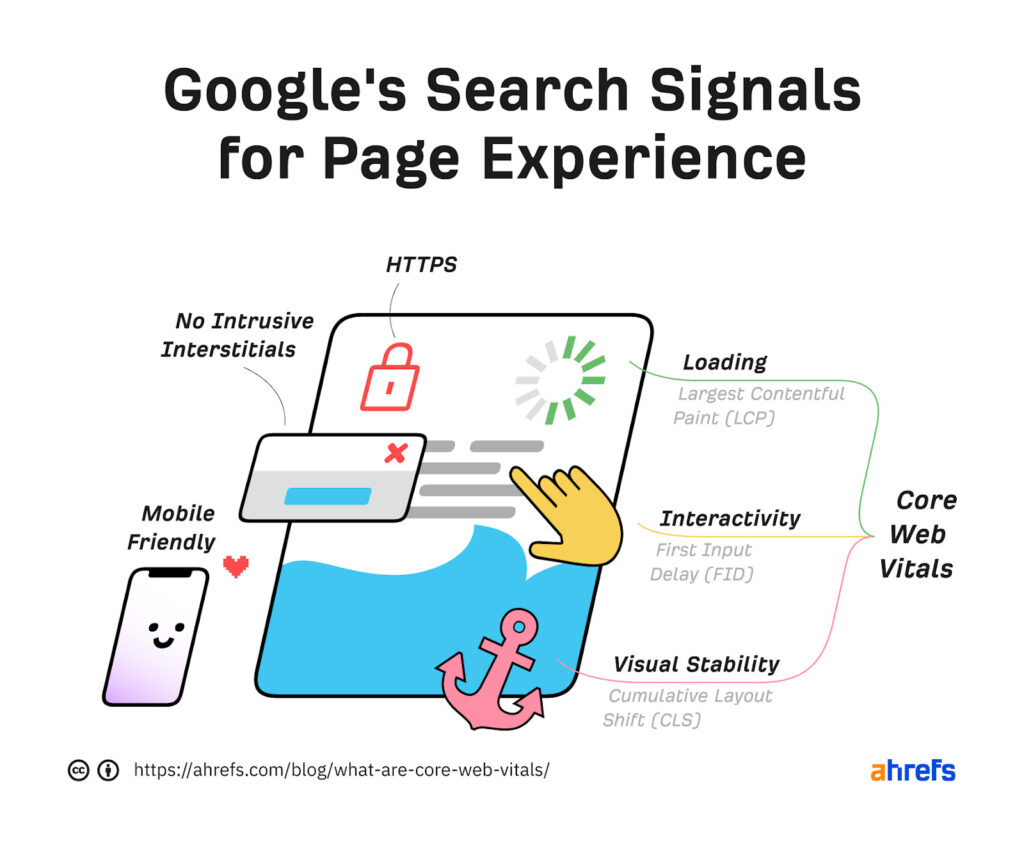
Page speed and website infrastructure must be fine-tuned behind the scenes for flawless visibility:
- Optimize site coding, images and libraries to accelerate mobile and desktop speed.
- Improve site crawlability through XML sitemaps and internal link structures.
- Upgrade security by installing SSL certificate to switch to HTTPS protocol.
- Strengthen server infrastructure to deliver consistent fast performance as traffic scales.
- Use responsive mobile-friendly designs and AMP landing pages.
- Implement proper redirects, canonical tags and robots.txt for clean navigation and indexing.
And much more. Audit technical health regularly.
Voice Search Optimization
With voice search adoption growing exponentially, ensure visibility in voice results too by:
- Optimizing content for long-tail conversational keywords
- Providing rich media for smart speakers like YouTube videos
- Structured data for key information discovery like FAQs, contact info etc.
- Building native apps and actions for smart assistants like Alexa
Video SEO Best Practices
Videos represent engagement goldmines if leveraged correctly:
- Optimize video file names, titles, descriptions and tags with keywords
- Post videos natively on site instead of just YouTube for better crawling
- Include interactive transcripts, captions and alt text for accessibility
- Promote videos through YouTube and social campaigns
- Track custom thumbnail performance
Winning in Featured Snippets
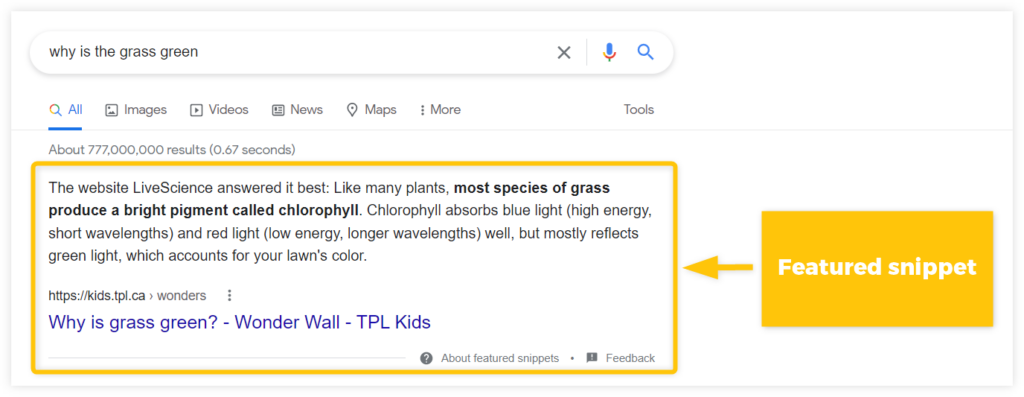
Top search results flaunt featured snippets – summary boxes answering queries directly. Gain coveted snippet real estate by:
- Including succinct bullet point answers to common questions within related articles
- Optimizing content length, headings and emphasis on critical paragraphs
- Structuring information using lists and tables for easy digestion
- Analyzing competitors’ snippet patterns across keywords to strategy
Here are some additional key areas to cover in an in-depth SEO guide for 2022:
Optimizing for Google Algorithm Updates
Google rolls out several core algorithm updates annually designed to weed out low-quality results and reward sites better satisfying user intent.
Adapt to updates successfully by:
- Closely tracking rankings across keywords to identify impacted pages
- Analyzing landing page experience metrics like dwell time and bounce rate
- Checking site audit reports on Google Search Console for clues
- Avoiding over-optimizations and focusing on user experience
- Building high-quality links at a natural pace
- Producing evergreen, E-A-T content aligned to topics
Improving Site Trust and Authority
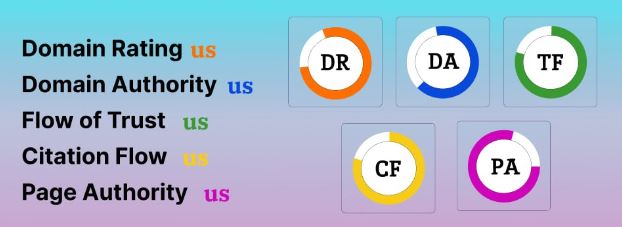
Google wants to promote sites it deems trustworthy to enhance user experience. Earn trust by:
- Publishing well-researched, accurate content demonstrating expertise
- Getting reputed, high-DA websites to link back to your domain
- Having satisfied customers showcase your brand via reviews and testimonials
- Participating actively in offline industry events, forums and groups
- Securing certifications and awards relevant to your field
- Meeting all Google guidelines and avoiding black-hat techniques
SEO Content Promotion Channels
Creating phenomenal content isn’t enough – you must amplify it through:
- Email newsletters and marketing automation flows
- Paid social ads, especially to cold audiences
- Organic social posting on channels like Facebook and LinkedIn
- Outreach to niche websites and influencers for backlinks
- Guest posting on reputed industry blogs aligned to your topic
- PR initiatives like HARO mentions and strategic partnerships
- SlideShare presentations to expand reach
- Supporting content with videos published natively
And countless other mediums focused on driving relevant traffic. Never let great content go undiscovered.
Common SEO Mistakes to Avoid
Some common SEO traps that hinder success include:
- Taking shady shortcuts like buying links or keyword stuffing
- Focusing solely on one pillar like content while ignoring technical factors
- Not tracking keyword rankings and site metrics to direct efforts
- underestimating the time and investment involved in seeing results
- Being overly reliant on any one platform like Google without website diversification
- Trying to reverse-engineer or cheat Google’s algorithm instead of adding value
Stay in for the long haul by avoiding these pitfalls with ethical, value-focused SEO.
Here are some additional topics I would cover in an in-depth SEO guide:
Leveraging SEO and Content Synergistically
SEO success hinges on content, but the relationship is symbiotic. Optimize content for SEO and let SEO data refine content.
Research SEO Opportunities to Inspire Content
Analyze keyword gaps, emerging topics and competitor blindspots to create high-potential content.
Outline Content to Strategically Target Keywords
Research keywords first, then craft outlines ensuring natural optimization for precise terms.
Analyze Performance Data to Improve Content
Use Google Search Console and analytics to refine underperforming content and double down on what works.
Integrating SEO with Inbound Marketing
SEO can’t operate in isolation. Coordinate across marketing channels for maximum results.
Promotions
Amplify content through multi-channel promotions – email, social, PR, paid ads – for engagement at scale.
Lead Nurturing
Route visitors to lead magnets through CTAs, then nurture leads via marketing automation.
Landing Pages
Create dedicated, SEO-optimized landing pages for different campaigns, offers and outreach.
Calls-to-Action
Prompt visitors towards conversions with strategically placed, relevant CTAs across pages.
Cross-channel inbound strategies cements SEO traffic into customers.
Building an Agile SEO Team
An in-house SEO team lets you accomplish more in-depth optimization quickly.
SEO Expert
An experienced specialist oversees technical and content strategies across channels.
Content Team
Copywriters create and promote content that converts organic visitors into customers.
Outreach Specialist
A link building expert focuses solely on building high authority backlinks at scale.
Web Developers
They rapidly translate recommendations into site enhancements – speed, crawling, redirects etc.
FAQs
- What is the best way to learn SEO?
Reading SEO blogs, taking courses, and hands-on implementation of recommendations on a test site are the best ways to master SEO. Learn core concepts first before trying advanced tactics.
- How long does it take to see SEO results?
It can take anywhere from 3 to 12 months for new websites to start ranking for competitive keywords. Have a long term roadmap, and don’t expect overnight success.
- Does SEO require coding skills?
No, SEO doesn’t require coding skills for beginners. But having web development knowledge helps accelerate technical optimizations as you advance.
- Is SEO free?
Yes, anyone can implement core SEO best practices without paid tools or advertising. However, having a budget accelerates results through paid tools, writers, promotion etc.
- What are some common SEO mistakes?
A few common errors are focusing solely on one area like content, buying backlinks, keyword stuffing and trying to reverse engineer Google’s algorithm.
- How can I track my SEO results?
Use Google Analytics to track organic traffic, rank tracking software to monitor keyword positions, and Search Console to identify issues.
- How often should I create new content?
To maintain rankings, publish new long-form pillar content at least monthly while repurposing and promoting existing evergreen content.
- Do I need an SEO expert?
SEO specialists help formulate effective strategies saving time and money in the long run. But you can implement basic optimizations yourself initially as well.
- How do I build quality backlinks?
Focus on earning authoritative links slowly from industry websites, directories, other blogs etc. Avoid buying links or spamming low-quality sites.
- How is SEO different from PPC ads?
SEO results are organic, while PPC ads require ongoing payment every time someone clicks your ad. SEO has higher ROI long term.
Digital Marketing in 2024: The Complete Guide
The Complete 2024 Guide to PPC Advertising and Pay-Per-Click Marketing

Recent Comments